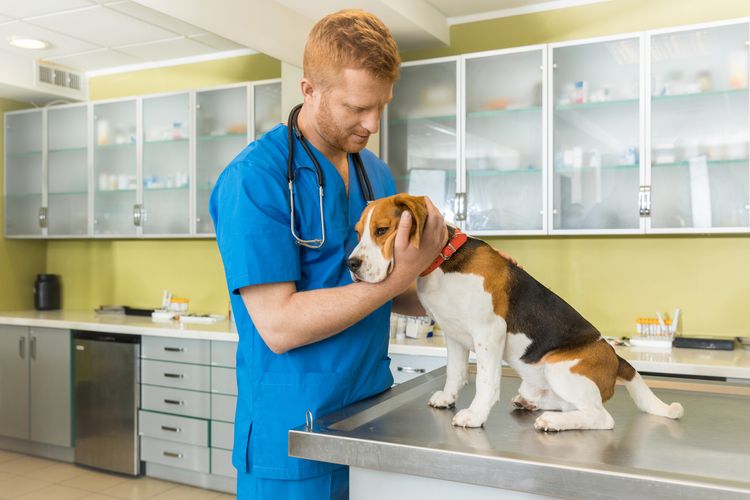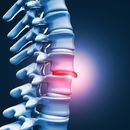Heartburn is caused in dogs when stomach acid enters the esophagus and injures it. If this is not treated, inflammation of the esophagus can become chronic.
An overview of how heartburn can be treated in dogs is provided in this article. In addition, the use of omeprazole is discussed.
Recommendations for alleviating heartburn in dogs.
Through a veterinarian, heartburn in dogs can be relieved through medication. However, it has been found that herbal tea, psyllium husks, or cottage cheese can also help reduce symptoms.
For dogs that are prone to heartburn, it is recommended that they make long-term changes to their diet or be given food that is gentle on the stomach in the short term.
But first, what is heartburn in general anyway?
Heartburn is a burning sensation in the chest that often rises to the throat and may be accompanied by a sour or bitter taste in the mouth. It occurs when stomach acid from the stomach backs up into the esophagus (the tube that connects the throat to the stomach). Here are some key points about heartburn:
- Cause: Heartburn is caused by reflux of stomach acid into the esophagus. The lower esophageal sphincter (a ring of muscle tissue) normally prevents backflow of stomach contents into the esophagus. When this sphincter weakens or relaxes inappropriately, stomach acid can flow back into the esophagus, causing heartburn.
- Risk factors: there are many factors that can cause or worsen heartburn, including certain foods and beverages (such as chocolate, citrus fruits, coffee), certain medications, smoking, obesity, pregnancy, or lying down soon after eating.
- Treatment: heartburn can often be treated through lifestyle and dietary changes. There are also over-the-counter and prescription medications that can help, including antacids, H2 blockers or proton pump inhibitors.
- Complications: If heartburn is not treated, it can lead to more serious conditions such as esophageal inflammation, ulcers in the esophagus, or narrowing of the esophagus. Long-term, chronic heartburn can also lead to a condition called Barrett's esophagus, which increases the risk of esophageal cancer.
- Prevention: heartburn can often be prevented by avoiding foods and drinks that trigger it, not sleeping right after eating, losing weight (if necessary), and making other lifestyle changes.

Recognition features in dogs
Dogs suffering from heartburn are often observed to swallow a lot, lick their mouths and paws, and burp. They may also experience increased saliva production and licky-fits syndrome.
To alleviate their heartburn, these dogs often eat grass and dirt or avoid their food.
Medical approaches
Omeprazole and pantoprazole are commonly prescribed by veterinarians. Both medications are used to inhibit stomach acid production.
It should be noted that ranitidine, which was also prescribed in the past, may contain carcinogens.
Natural remedies
Herbs such as slippery elm bark, fennel, anise, and caraway may help bind or soothe stomach acid.
Psyllium husks swollen in water and cottage cheese can also soothe the stomach lining and relieve heartburn.
Dietary recommendations
Dietary changes advised by a veterinarian may be helpful for dogs with heartburn.
Low-fat foods or feeding fruits and vegetables occasionally have been found to help the stomach.
Possible triggers in dogs
Young dogs have been observed to suffer from heartburn more often than adult dogs. Diaphragmatic perforations, anesthetic after-effects, medications, stress and chronic vomiting can also cause heartburn.





















